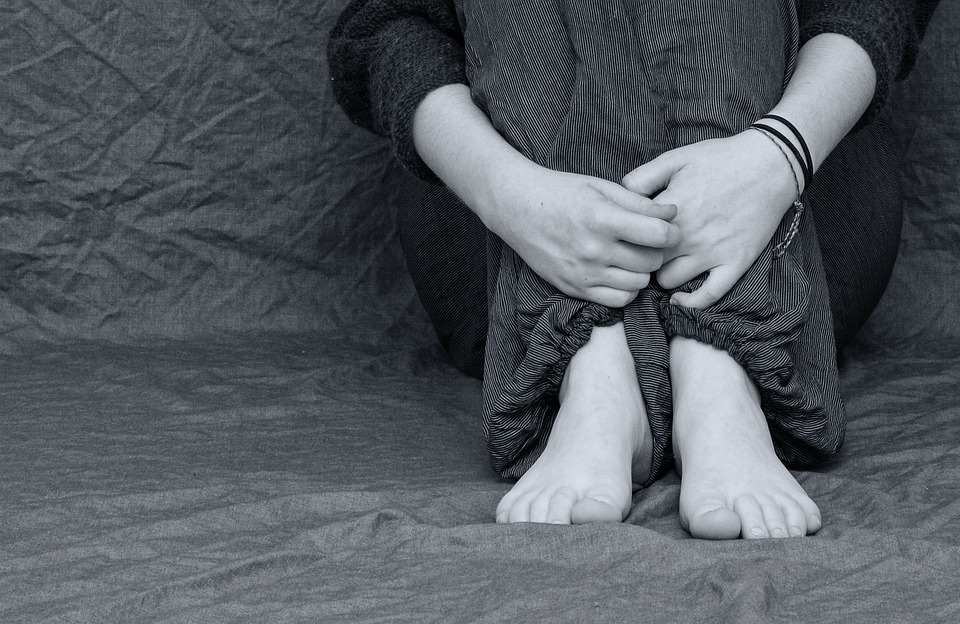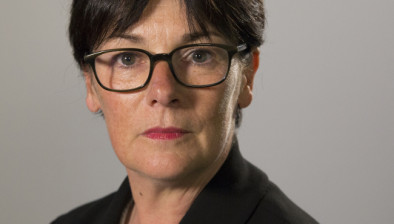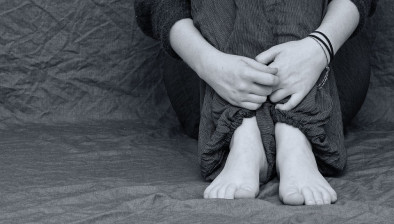Aberdeenshire Council highlights support available for domestic violence victims
Aberdeenshire Council has emphasised that the support available to victims of domestic abuse continues to be available throughout the pandemic.

The council has said its partners are working together to support victims of domestic abuse and address the societal issues which perpetuate this behaviour despite the ongoing COVID-19 situation.
Aberdeenshire’s local Violence Against Women and Girls (VAWG) Partnership is chaired by Leigh Jolly, who is also interim head of children’s services for Aberdeenshire Council.
She said: “The current restrictions on movement in communities across Aberdeenshire create new risks to those suffering or recovering from domestic abuse and/or violence.
“These include perception that statutory services, such as police and homelessness services, are not operating; the lack of physical access to normal social networks such as friends and extended family; the reduced reach of interventions such as specialist VAWG and universal support services; financial dependencies and increased access by perpetrators to women, children and young people because of social distancing and lockdown measures.”
Aberdeenshire’s Violence Against Women Partnership – which involves Grampian Women’s Aid and Rape Crisis Grampian as well as colleagues from the council, police and NHS – is continuing to meet online to discuss ongoing challenges posed by the pandemic and find solutions.
Police partners shared messaging which was issued to thousands of families across Aberdeenshire through the council’s school communications network. In a bid to support those who may need urgent accommodation, the council’s housing service brought empty properties back into use early on during lockdown.
Alison Hay, fundraising and development lead for Grampian Women’s Aid, added: “Perpetrators may feel more confident in increasing levels of control, violence and harassment, with the belief that they are less likely to be detected and held to account at the moment. They may use restrictions or shielding measures as an opportunity to increase surveillance of, and control over, women’s access to phones, internet and communication with family, friends and professionals.
“The ability of women, children and young people living with domestic abuse to disclose and access support from specialist and universal services may be reduced during this period. These challenges may be exacerbated by factors such as geography. For women, children and young people living in rural communities across Aberdeenshire, there may be few or no neighbours to seek support from, further exacerbating isolation and risk.”
Ms Hay also highlighted the role that everyone can all play in tackling this issue. She said: “Tackling violence against women and girls is everyone’s business and professionals across a wide range of local workforces have a key role play in safely identifying and responding to risks that women and families may be experiencing. The more we ignore the warning signs as a society and even unwittingly condone aggressive or controlling behavior through well-meaning banter, the more of a dis-service we are doing to future generations.”
A strategy and action plan was launched by the Aberdeenshire VAWP earlier this year, supporting the national aims of encouraging equality, helping women and girls to thrive, taking action early and effectively to prevent violence, and to see an end to all forms of violence against women and girls by men.
In the North East, a total of 347 incidents were recorded under the new Domestic Abuse (Scotland) Act 2018 in its first year.
Detective chief inspector Alan Armit from Police Scotland said: “Along with our partners, Police Scotland is committed to preventing and eradicating any form of domestic abuse, helping victims of any gender and identifying people who may be at risk. We are conscious that the current restrictions in place may lead to an increase in domestic abuse and we want victims to know that although they may feel isolated at the moment, they are certainly not alone.
“The message to stay at home not does mean you should not seek support and it is more important than ever that you reach out for help whether it’s for yourself or someone you know. The safety and well-being of anyone at risk of experiencing domestic abuse remains a priority and we are working closely with our partners to ensure that our service provision remains available and accessible to all.”
A range of specialist support services continue to be available locally and nationally:
- No-one should live in fear. If you are in immediate danger, call 999.
- A national helpline for domestic abuse is available by calling: 0800 0271234 or visiting the website.
Find out more about the work of Grampian Women’s Aid here. They offer free, confidential and non-judgemental specialist service for women, children and young people who have experienced domestic abuse.
Victim Support available here.
Rape Crisis Grampian available here.
Specialist services are also available to men experiencing domestic abuse. Find out more about AMIS here.
- Read all of our articles relating to COVID-19 here.









